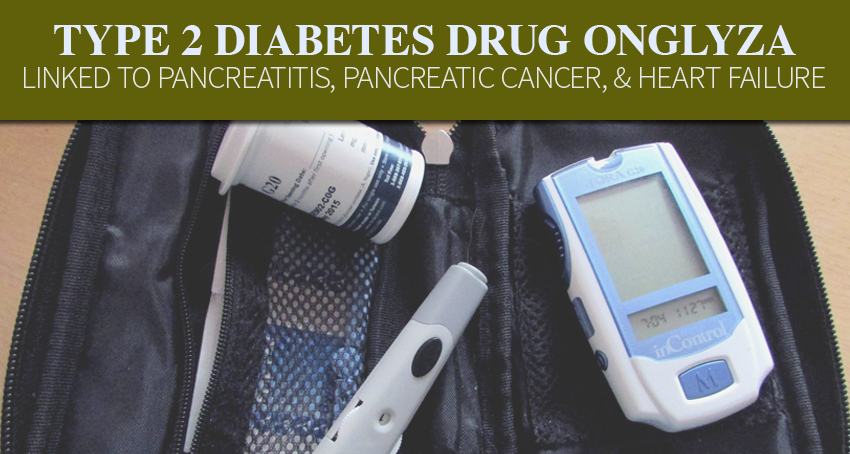A number of studies and clinical trials conducted in recent years have warned that the popular diabetes drug Onglyza may be linked to an increased risk of potentially life-threatening side effects in users, including pancreatitis, heart failure and pancreatic cancer. If you took the prescription Type 2 diabetes medication Onglyza, and you have since been diagnosed with pancreatitis or another serious medical condition, contact a reputable product liability lawyer today to discuss your legal options. With a qualified Onglyza injury lawyer on your side, you can ensure that your legal rights are protected, and pursue the financial compensation you deserve for your injuries, medical expenses, pain and suffering, and other damages.

Onglyza (saxagliptin) is a diabetes drug sold by AstraZeneca and Bristol-Myers Squibb, and commonly prescribed with diet and exercise to help control high blood sugar in adults with Type 2 diabetes. Onglyza was approved by the U.S. Food and Drug Administration (FDA) in 2009, and in 2014 alone, the medication brought in $820 million in sales for AstraZeneca and Bristol-Myers Squibb. The diabetes medication belongs to a class of drugs called DPP-4 (dipeptidyl peptidase-4) inhibitors, which are designed to help the pancreas secrete more insulin and inhibit the liver from making excess sugar.
Since they first entered the market, DPP-4 inhibitors like Onglyza have been widely prescribed in the United States, and touted as the “new darlings of diabetes treatment.” However, serious concerns have emerged recently about the potential for Onglyza to cause severe side effects in users, including possibly increasing the risk of the following:
It wasn’t until 2011 that information about the risk of pancreatitis was added to the Onglyza warning label, after the FDA received post-market reports of patients suffering acute pancreatitis after taking the diabetes medication. Unfortunately, during the two years that Onglyza was on the market before that FDA warning was issued, Type 2 diabetes patients continued taking the DPP-4 inhibitor, unaware of the potential for the prescription drug to cause pancreatitis, a serious condition characterized by inflammation of the pancreas that can lead to hospitalization, pancreatic cancer and death.
In one study published in 2013, researchers found pre-cancerous cells in the autopsied pancreases of individuals taking incretin-based medications like Onglyza, and indicated that the use of DPP-4 inhibitors may be linked to the production of abnormal beta cells in the pancreas, as well as the development of small, benign tumors called adenomas that can become malignant. In another 2013 study, researchers found a possible connection between Onglyza treatment and an increased risk of heart failure, occurring when the heart pumps blood at a slower-than-normal rate, depriving the body of the oxygen it needs to survive.
In April 2015, an FDA panel recommended that new warnings be added to the Onglyza label regarding the potential increased risk of heart failure, citing data from the SAVOR clinical trial, which involved 16,492 patients and found that those taking Onglyza faced a 27% higher risk of heart failure hospitalizations, compared to the control group. Later that same year, the FDA issued a safety announcement warning that “the type 2 diabetes medicines sitagliptin, saxagliptin, linagliptin, and alogliptin may cause joint pain that can be severe and disabling.”
Hundreds of lawsuits have already been brought against the makers of Type 2 diabetes drugs like Onglyza, in connection with pancreatitis, pancreatic cancer, heart failure and other side effects, and more complaints are expected to be brought in the future, as more and more consumers become aware of the potential for Onglyza to cause devastating complications in users. If you have suffered pancreatitis, pancreatic cancer or another major medical complication, and you believe Onglyza to be the cause contact the Monroe Law Group today.
Alert: Due to statute of limitations, the time you have to pursue a claim is limited. Call us right away at 866-308-1092, email us at intake@monroelawgroup.com, or complete the form on this page now.